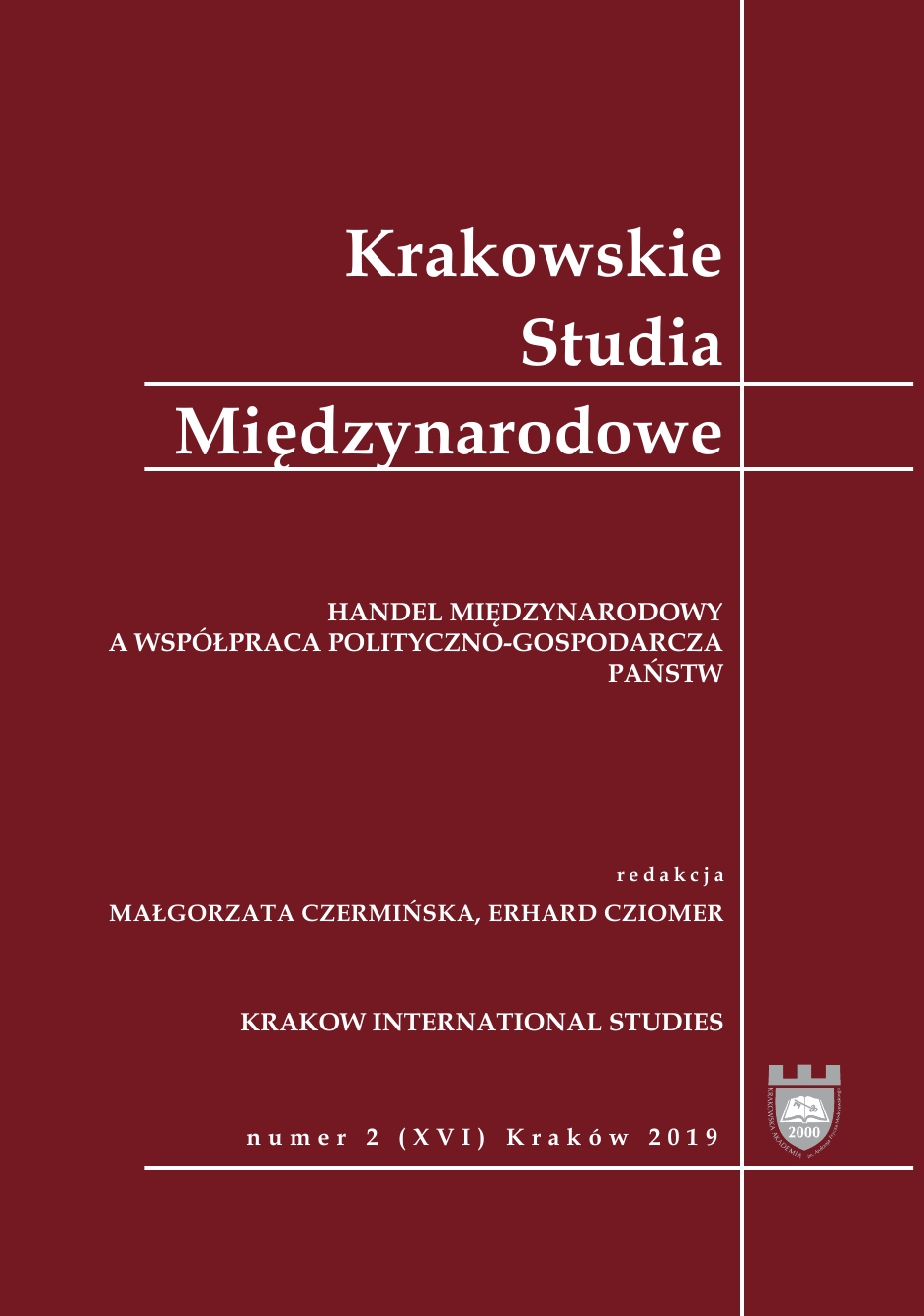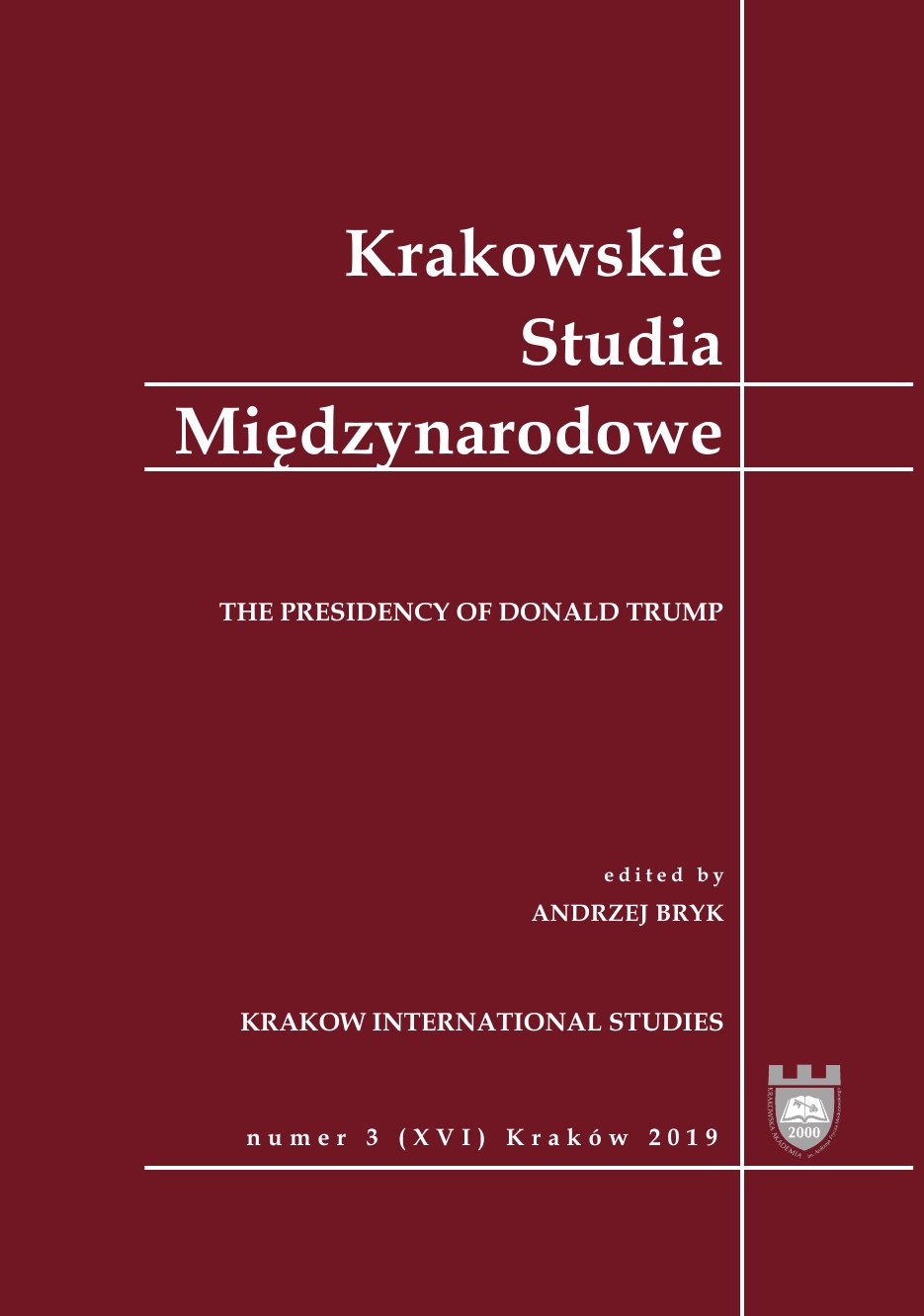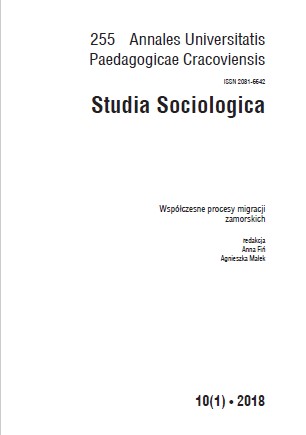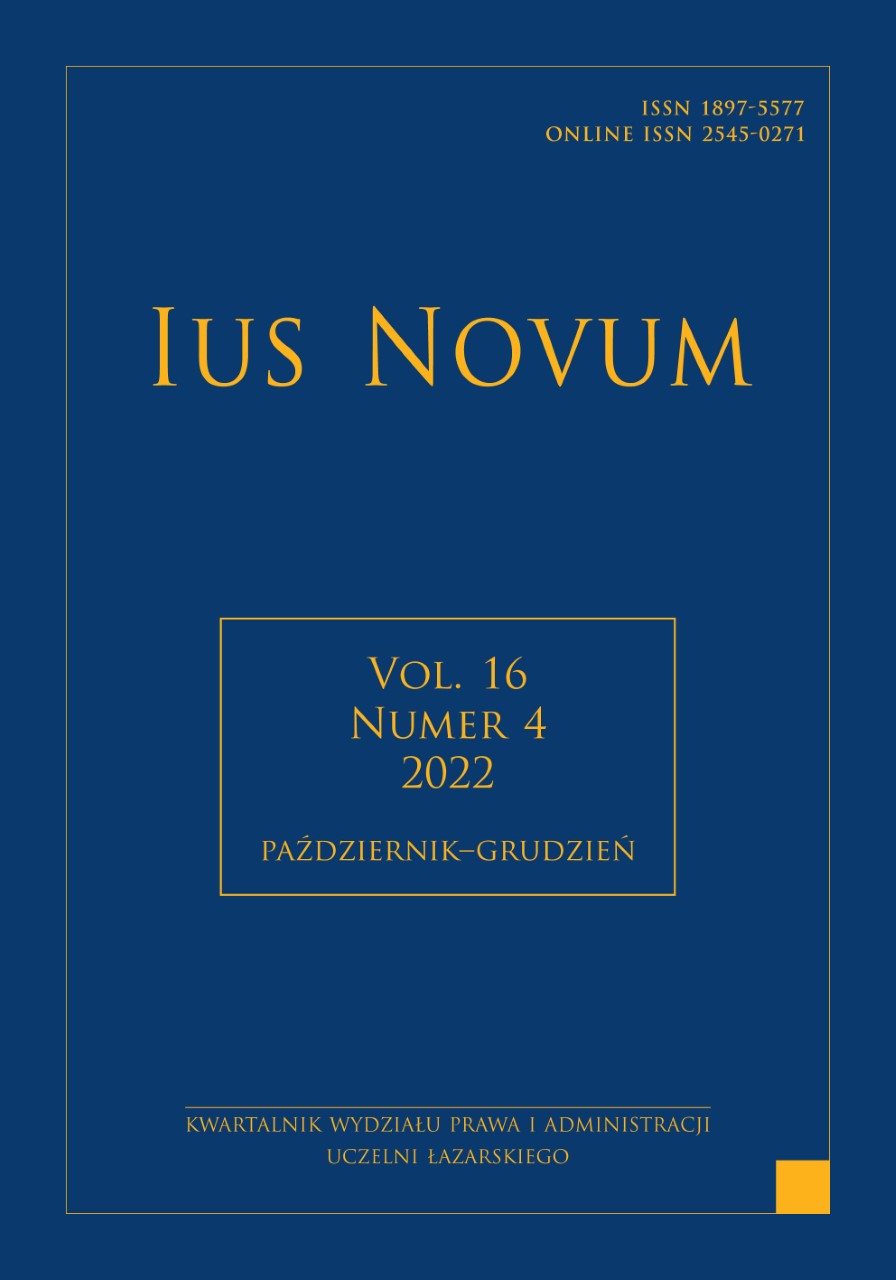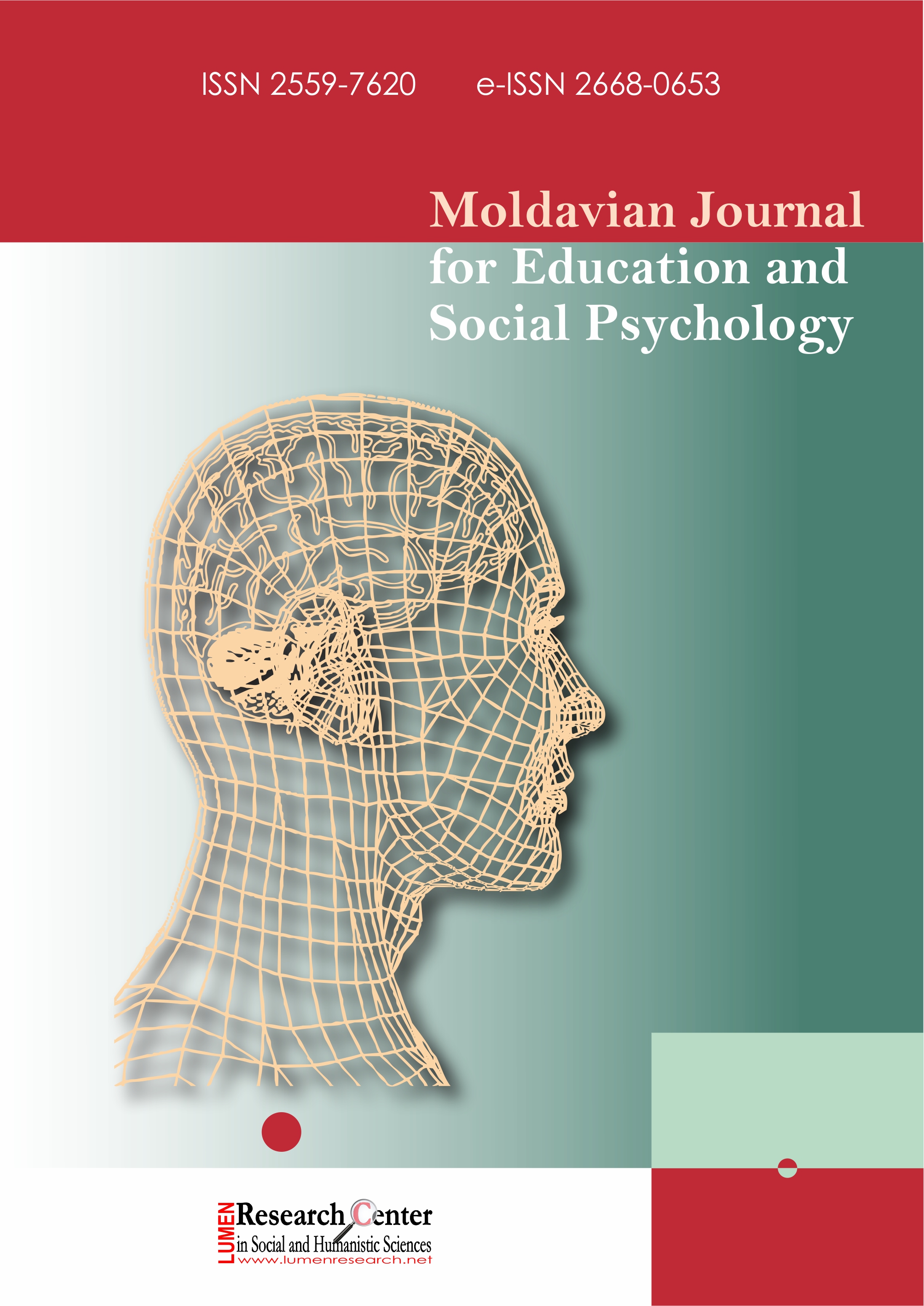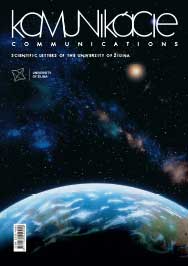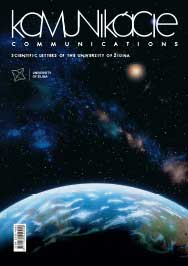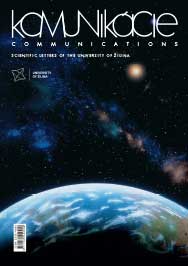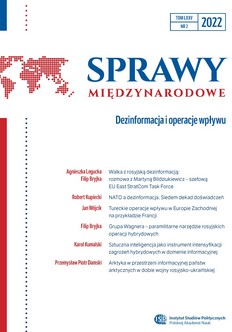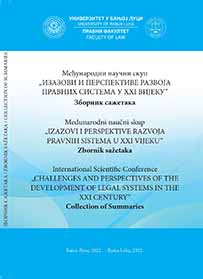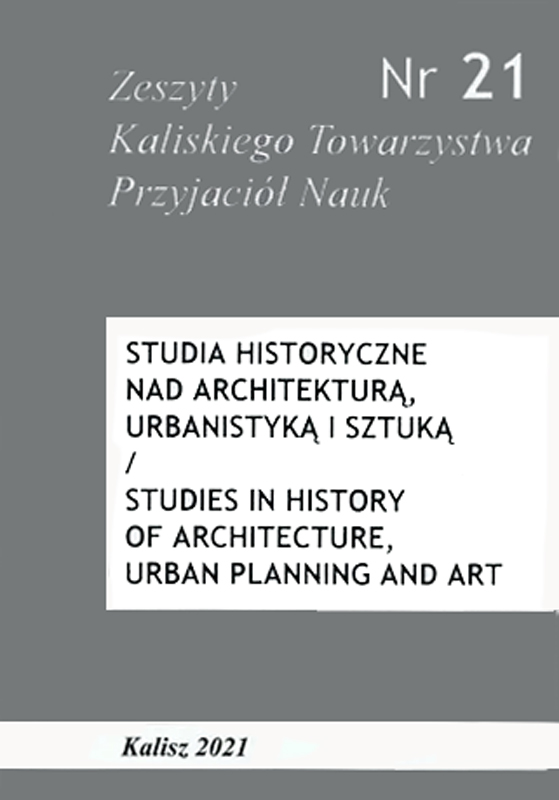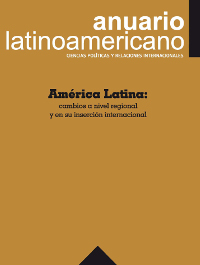ЛЕГИТИМНЕ ГРАНИЦЕ ЗАБРАНЕ ПОЛИТИЧКИХ СТРАНАКА
Author(s): Mijodrag Radojević / Language(s): Serbian
/ Issue: 2/2022
Keywords: political organization;constitution;freedom of political association;political pluralism;constitutional democracy;militant democracy; constitutional court; European Court of Human Rights,;rule of law;
Author discusses the problem of between the banning of political parties and the freedom of political association from the standpoint of theoretical conceptions, international standards on the protection of human rights, and practice in comparative law. The right to freedom of association is a basic human right without which there is no democracy, and as such it is guaranteed in domestic law and international documents, such as the European Convention for the Protection of Human Rights and Freedoms. The restriction of this right caused dilemmas in doctrine and jurisprudence, regarding the answer to the question of whether it is legitimate and in which cases it is permissible to ban or dissolve a political party. In comparative law, there is no uniform model on the limitation of activities and the prohibition of political parties. In the legal systems, there are various ways of organizing this mechanism, the bodies that make the decision to ban or dissolve a political party, the reasons for making the decision, the procedure and the measures that are imposed. In accordance with the practice and jurisprudence in European countries, the ban or dissolution of political parties is justified only as an exceptional means in the defense of the democratic order, if it unequivocally manifests the intention of violently changing the constitutional and democratic order. The decision should be within the jurisdiction of the courts, and the competent authority would have to take into account the proportionality between the pronounced measure and the established facts about the
unconstitutional activity of a political organization. In order to prevent discretionary decision-making and executive interference, the legal regime of banning political parties and freedom of political association must be harmonized with the principles of the rule of law and democracy.
More...
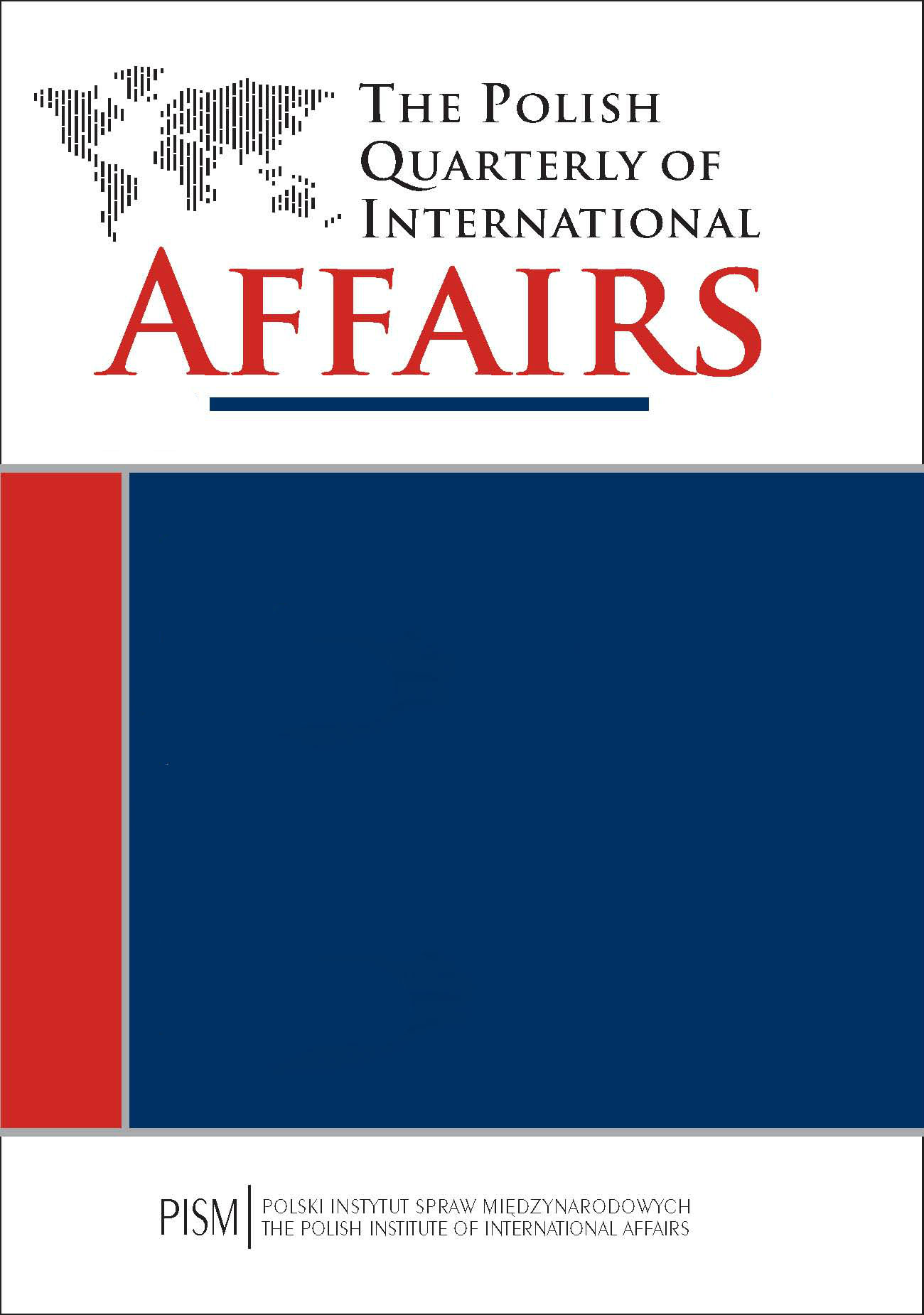

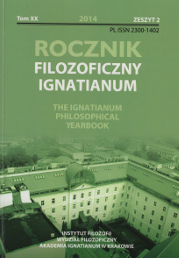
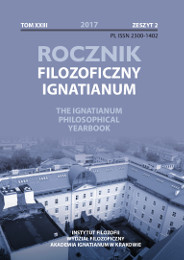
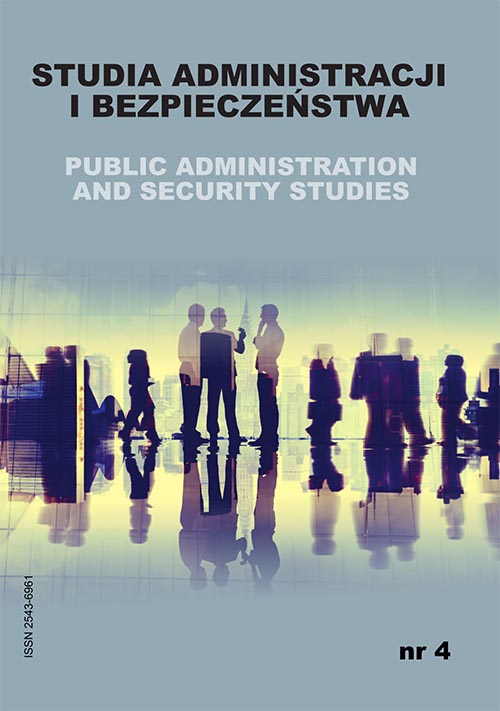
![Sebastian Glatz, Die Energiesicherheit der Bundesrepublik Deutschland. Nationale Interessen im geopolitischen Kontext [Bouvier Verlag, Bonn 2010, 180 pp.]](/api/image/getissuecoverimage?id=picture_2010_47404.jpg)
